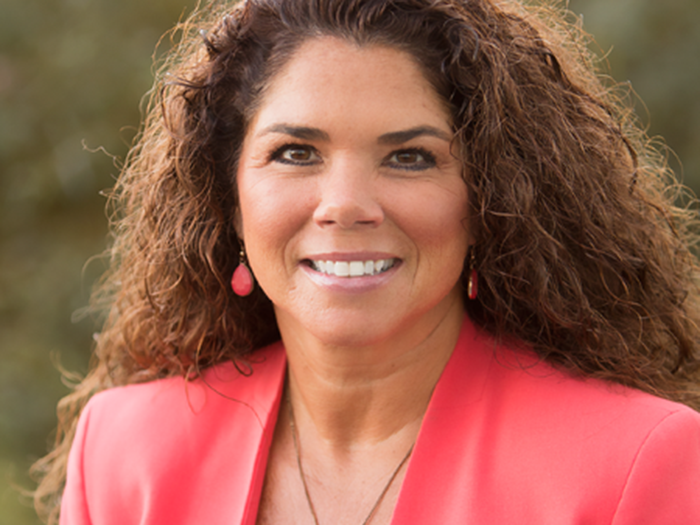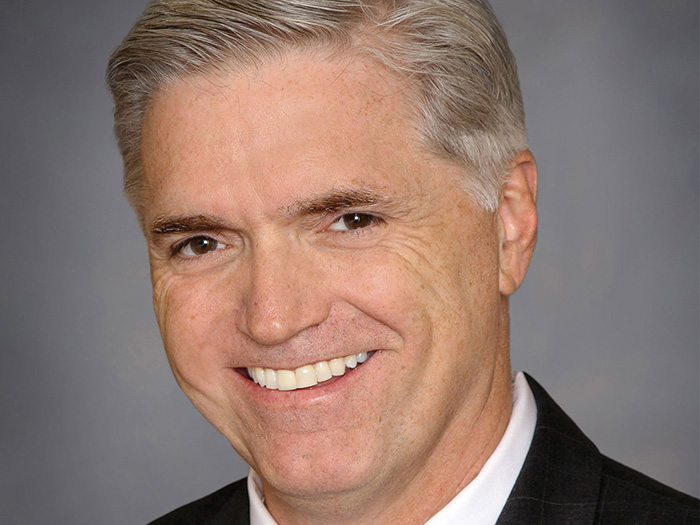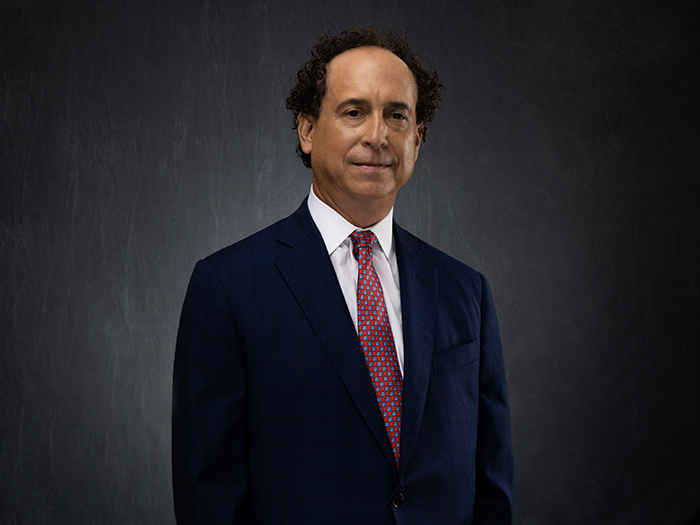Liability Insurance to Deter Police Misconduct: Bad Idea or Panacea?

We’re familiar with the idea of individual physicians holding their own medical malpractice insurance.
This level of professional liability coverage is required by law in most states, and protects medical providers from potential liability arising from the injury or death of a patient. It enables the physician to have the coverage they may need and keeps the hospital or health facility running with no delay in care for other medical personnel and patients.
A new bill introduced in Texas proposes taking this idea of mandatory professional liability insurance and applying it to police officers.
Should a Texan officer be involved in some form of misconduct that warrants professional liability protection, the bill posits, the officer should be equipped with their own insurance as a condition of their employment.
The bill, HB 1808, was proposed in early February, sponsored by Houston-based State Rep. Jolanda Jones.
In news interviews, Jones said that “for far too long, law enforcement officers use their jobs to justify taking extreme, unjustified actions that kill our neighbors, friends and family.”
HB 1808 was inspired in part by the beating of Tyre Nichols by Memphis police on January 7, 2023, which resulted in Nichols’ death three days later.
A Deeper Look at the Bill
The Texas bill would prohibit law enforcement agencies from hiring an officer “unless the peace officer obtains and continuously maintains liability insurance to cover damages resulting from any misconduct, including intentional, negligent or willful acts” committed while on duty.
It’s a stark difference from, say, an agency obtaining law enforcement liability for the whole precinct.
With law enforcement liability, coverage for bodily injury, personal injury or property damage caused by wrongful acts committed by law enforcement would be covered.
Related Reading: After George Floyd’s Death, Can the Insurance Industry Rally to End Racial Bias?
Currently, individual officers are not responsible for procuring law enforcement liability coverage. Additionally, having this insurance is not a requirement for law enforcement agencies to operate.
Oppositions to the bill are already being vocalized.
“You would drive the working people out of the job — they wouldn’t afford the policy,” Charley Wilkinson, CEO, the Combined Law Enforcement Associations of Texas, told The Texas Newsroom.
There’s also fear that recruitment would drop due to “a burden of an additional cost or fee that police officers are required to pay.”
Misconduct and brutality are not inherent in every police officer — and the work officers do each day is high-stress, placing them in risky situations. Some worry a mandatory insurance policy like this would further curb individuals’ desire to enter the force altogether, for fear they will be unjustly targeted with misconduct lawsuits.
A Precedent? Or a Path Forward?
Rep. Jones has iterated that HB 1808 would alleviate taxpayers footing the bill when such litigation comes to light.
It is important to note, however, that police misconduct payouts rarely make headlines — instances like the $27 million paid to the family of George Floyd or the $12 million settlement in Breonna Taylor’s case notwithstanding.
For smaller cases with smaller sums, cities tend to resolve allegations discreetly, and the amount tends to be withheld from the public, though taxes often cover the costs. The Washington Post reported last year that “in total, 25 of the largest police and sheriff’s departments spent more than $3.2 billion to resolve claims of police misconduct over the past 10 years.”
A bill like HB 1808 would remove this layer of uncertainty by placing responsibility into the officers’ hands.
This is not the first time the idea of police officers holding their own professional liability policies has come to light. The year 2020 was a pivotal one in many ways, and particularly on the front of police reform. What began as peaceful protests after the murder of George Floyd soon turned into a national demand for better training for officers.
One solution, posited by Deborah Ramirez, a criminal law and procedure professor at Northeastern University School of Law, would be to require officers to be evaluated by actuaries to see if they had a high risk of using unjustified violence during policing. If deemed so, professional liability insurance should be mandated.
“As every driver needs insurance to drive legally, every police officer would need insurance to police,” Ramirez explained to Risk & Insurance® in 2020.
“Dangerous drivers are priced out of driving by high premiums, and police engaged in reckless or dangerous behavior would be priced out of policing by premiums that reflect the actual risk they pose.
“Police departments would pay the average premium. Officers would pay any increase over the base premium caused by their reckless behavior,” she said.
What’s Next
The proposed Texas bill is the first of its kind, and would make the purchase of professional liability insurance mandatory for an entire state. Individual cities, including Minneapolis, have tried to introduce similar bills, but largely have not found success.
For now, it’s a waiting game to see if Texas will move forward with the bill. Those interested can get a broader overview via reporting from Texas Public Radio here.
Understanding medical malpractice and how that works in the health care space may also give insight on how mandatory professional liability insurance for police officers would translate.
As for police officers or their agencies that are interested in understanding — or even using — professional liability insurance policies available to them, here’s one look at an option that’s already providing coverage. &










